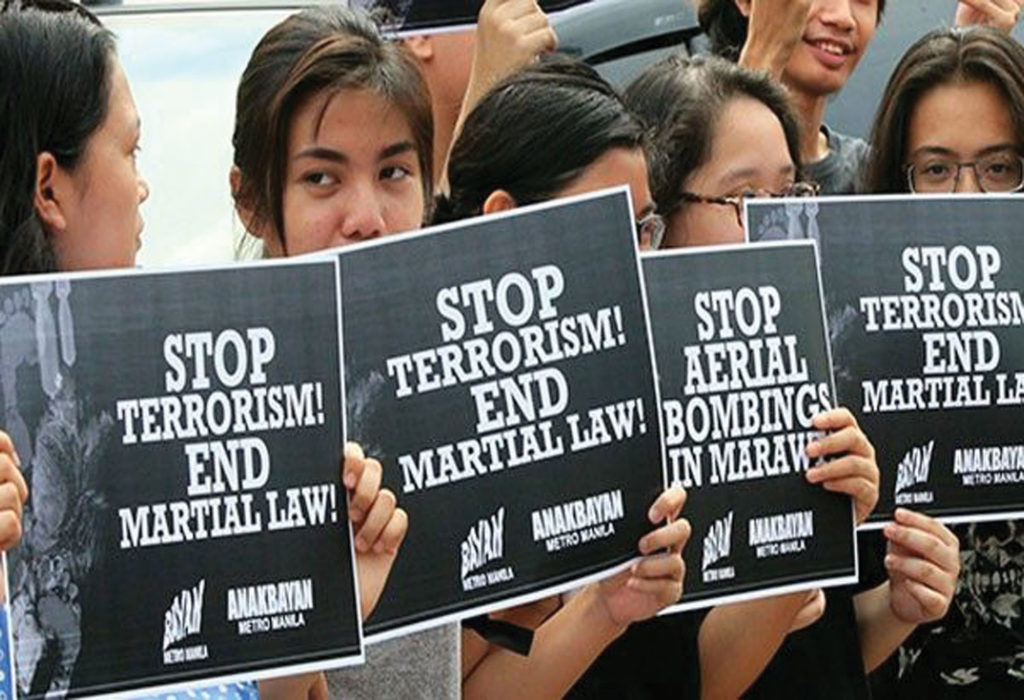
The Supreme Court justices decided to hold its oral arguments on the third extension of martial law in Mindanao on January 22 and 23 in response to the petition filed last week by the group led by Albay Representative Edcel Lagman.
The opposition group led by Lagman included lawmakers who challenged the necessity of extending the military rule in the region. Their petition urged the high court to bid the extension and the suspension of the privilege of the writ of habeas corpus in Mindanao as unconstitutional.
“President Duterte’s letter dated 06 December 2018 to the Congress initiating a third extension failed to demonstrate the sufficient factual basis for his request, and his allegations of lawless violence and terrorism were not connected to rebellion,” Lagman said as reported by The Philippine Daily Inquirer.
Among the other petitioners were Akbayan Rep. Tom Villarin, Ifugao Rep. Teddy Baguilat Jr, Caloocan City 2nd District Rep. Edgar Erice, Magdalo Rep. Gary Alejano, Quezon City 6th District Rep. Jose Christopher Belmonte, and Dinagat Islands Rep. Kaka Bag-ao.
The opposition group criticized the factual basis of the third extension noting that the safety of the general public in the said area is no longer compromised. They stated that Mindanao is “not imperiled” anymore because rebellion “does not exist and persist.”
The lawmakers also argued that there is no need for another extension after the military forces ended the Marawi siege and defeated the Maute group and a faction of the Abu Sayyaf. The petitioners claimed that there was no actual, ongoing armed uprising against the government to justify the new extension.
Lagman and his colleagues who were dubbed as the ‘Magnificent 7’ in the House of Representatives cited President Rodrigo Duterte’s announcement in October 2017 that Marawi was already liberated.
SC spokesman and court administrator Midas Marquez then asked the petitioners to submit their comment within a non-extendible period of seven days from receipt of the notice to be able to set the oral arguments.
The high court earlier noted that “the manner of Congress’ deliberation with respect to the president’s request for the extension of martial law in Mindanao for one year is not subject to judicial review.”
“(The legislation exercises) full discretionary authority except on a clear showing of such arbitrary and improvident use of the power such as would constitute a denial of due process,” the high court stated.
The opposition team voted against the third extension. According to them, the martial law declaration and suspension of the writ of habeas corpus would now reach a total of 891 days with the extension.







